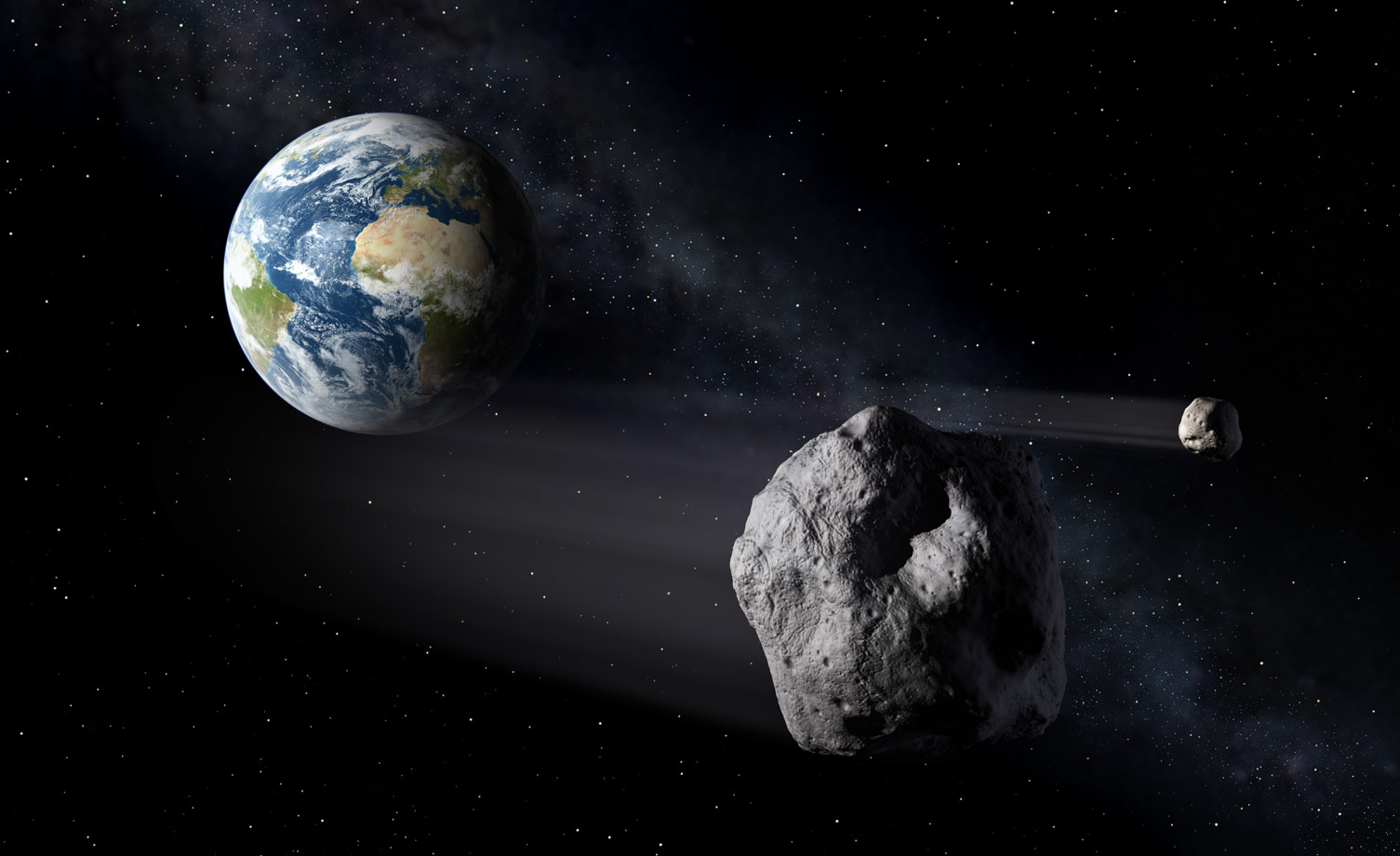The evolution of intelligent life on Earth has been a subject of much debate within the scientific community. Recent studies suggest that the prevailing theories surrounding this topic may need reevaluation. In particular, the idea that human-like life is a rare anomaly may not hold true. A new model, developed by a team at [Pennsylvania State University](http://www.psu.edu/), posits that human-like life could be an expected outcome of planetary evolution rather than a singular event shaped by a series of improbable events.
Introduction to Planetary Evolution and Life
Throughout history, the development of life on Earth has often been described through the lens of chance and luck. The classical "hard steps" model, introduced by theoretical physicist Brandon Carter in 1983, argues that the emergence of intelligent life is extraordinarily unlikely given the vast time scales involved and the specific conditions required.
| Theory | Key Concept | Implications |
|---|---|---|
| Hard Steps Model | Life's complexity is difficult to achieve and requires many improbable events. | Intelligent life is a rare phenomenon in the universe. |
| New Evolutionary Model | The development of life is influenced by planetary conditions instead of chance. | Similar life could potentially develop on other planets. |
Evolving Perspectives
The "hard steps" model implies humanity is a rare exception rather than a natural byproduct of evolving planetary systems. In contrast, the new model presents a paradigm shift, suggesting that rather than a select few planets being capable of supporting intelligent life, many may share similar evolutionary pathways. This idea stems from evolving research that examines the interplay between biology and environmental conditions.
“This perspective on evolution suggests that rather than being dependent on a series of improbable events, the emergence of intelligent life may be a predictable outcome of conducive planetary environments.” – Dr. Dan Mills, Lead Author
The Role of Geological Time Scales
One of the crucial components of the new model is the focus on geological time scales rather than astronomical ones. The latter suggests that intelligent life is unlikely because of the limited time available on planets, such as Earth, to develop complex organisms. However, this view neglects the extensive geological timeline required for significant environmental changes that foster life.
Factors Influencing the Development of Life
The team at Pennsylvania State University highlights several factors crucial for supporting complex life, arguing that the right conditions must emerge:
- Oxygen Levels: Rising oxygen levels in Earth’s atmosphere, driven by photosynthesizing organisms, were essential for the development of complex life forms.
- Environmental Stability: A stable climate over long periods facilitates life evolution.
- Nutrient Availability: The availability of necessary nutrients has a direct impact on the speed and complexity of evolutionary processes.
| Factor | Impact on Life |
|---|---|
| Oxygen Levels | Essential for complex organisms; allowed evolution of more diverse life forms. |
| Climate Stability | Promotes long-term survival and development of biodiversity. |
| Nutrient Availability | Facilitates rapid growth and evolutionary adaptations. |
Research Implication and Future Directions
The implications of the new findings extend beyond Earth and into the realms of astrobiology. It raises critical questions about how and where life could emerge across the cosmos. The conditions that foster life on Earth might not be so unique after all.
Testing the New Model
To further explore these questions, the researchers propose practical tests for the new model:
- Investigating Other Planets: Searching for biosignatures in the atmospheres of exoplanets to gauge potential habitability.
- Simulating Early Earth Conditions: Using laboratory experiments to replicate the conditions under which life could have initially arisen.
- Modeling Evolutionary Pathways: Developing simulations that project how life might develop based on various planetary conditions.
Conclusion
The discourse surrounding the evolution of intelligent life remains vibrant and evolving. The shift from viewing intelligent life as an anomaly to a probable consequence of planetary evolution has profound implications. This research not only enriches our understanding of our origins but also enhances the prospects for discovering life beyond our planet. As Dr. Mills noted, “This new perspective suggests that life’s emergence is not inherently improbable, but rather a reflection of its environments.”
For More Information
For additional information regarding this study, you can refer to:
Image Credit: NASA

This research emphasizes the dynamic interaction between life and planetary conditions, highlighting pathways that lead to the emergence of complex experiences and further supporting the notion that humanity may be part of a larger narrative of life across the universe.
Understanding the implications of evolutionary biology in conjunction with planetary sciences opens new avenues in astrobiology, ultimately enhancing our search for extraterrestrial intelligence and fostering models that could be universally applicable.




